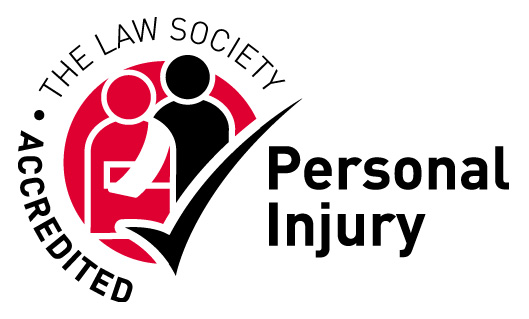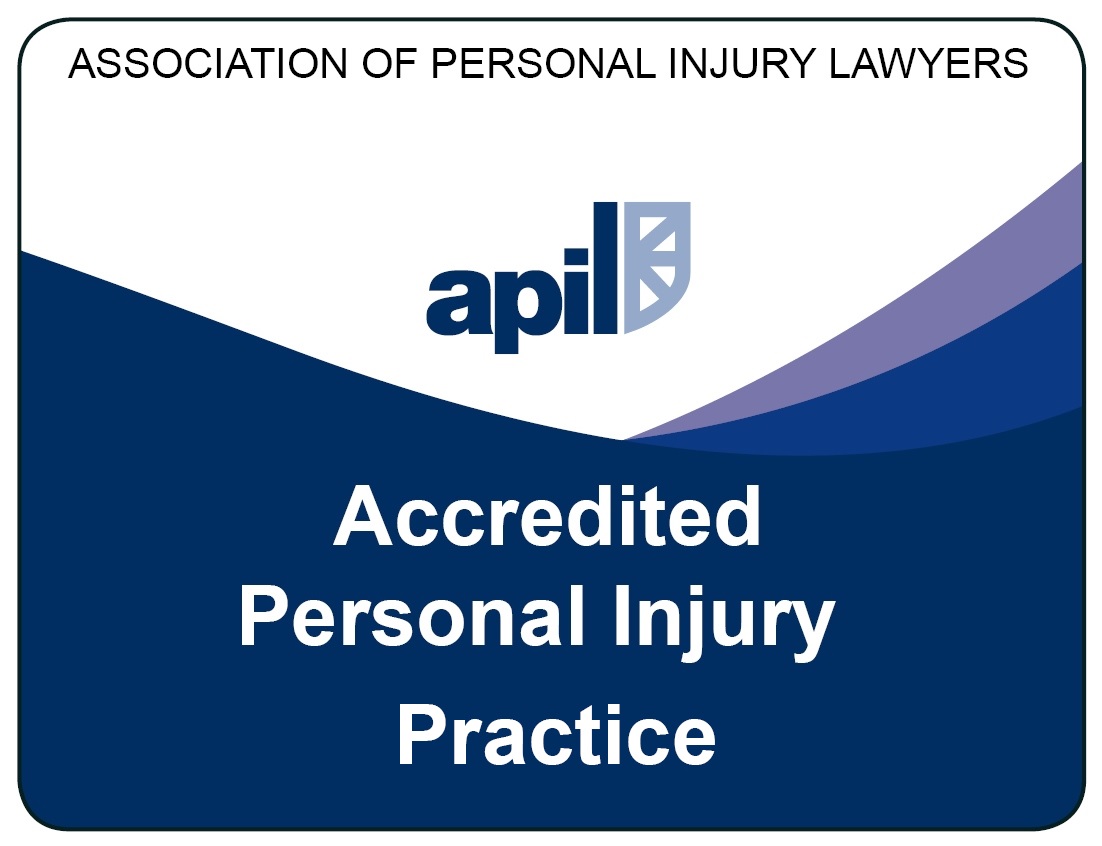



Deputyship After A Head Injury
If a member of your family or a close friend has experienced a serious brain injury it may be necessary to apply for a Deputyship for that person.
In a legal sense, there is an assumption that people are capable of making their own decisions until it can be proved otherwise. In cases where someone no longer has the capacity to make decisions related to their own welfare or personal finances, a Deputy can be appointed to help make those decisions with them or for them.
Brain And Head Injuries And Deputyship
Brain injuries can have various different effects on an individual. Acquired brain injuries occur when someone has been involved in an accident such as a fall from a height at work or a car accident. These accidents are unexpected and can also be classed as a Traumatic Brain Injury (TBI). TBIs are serious and have serious implications for the mental capacity that person has. If a person has suffered a serious head injury, their ability to make decisions about their own welfare and interests can be impacted. In these cases, family members will often seek Deputyship so that they can make decisions and take action in the best interests of their loved one.
What Is The Court of Protection?
The Court of Protection is in charge of issuing Deputyships and is designed to protect people who have lost the ability to manage their own affairs. Specific rules are provided by the Court of Protection as to what kind of decisions can and cannot be made on behalf of a person. Those rules are specific to an individual’s circumstances and are governed by the Mental Capacity Act 2005 Code of Practice.
What Are My Responsibilities As A Deputy?
If you decide to become a Deputy on your loved one’s behalf, there are rules which you need to adhere to. For example, if you are managing finances and/or property for someone then you must make sure that your business is separate from theirs; a record must also be kept in terms of finances being managed. If you purposefully mistreat or neglect the person you are Deputy for, you could face a 5-year jail term plus a fine.
Before you can acquire Deputyship for a person, there are certain requirements which must be met:
- It must be shown that the person you are proposing to be Deputy for, does not have capacity
- It must also be shown that steps have been taken in order to help someone have their own capacity before a Deputyship may be considered
- If an individual makes an unconventional decision about something that others may view as unusual or eccentric, this does not mean it is unreasonable and you cannot apply for Deputyship based on that
- As a Deputy, you must always ensure the decision you make is in the best interests of that person and it should be taken into account what that person has done in the past
- High standards of care should be applied and advice sought from other family members, professionals like doctors when making decisions
- Do whatever is possible to make sure that the person is involved in the decision-making process. This could mean adapting communication to picture boards or sign language
Other obligations of a Deputy include: filling out of annual reports and accounts, obtaining a security bond and complying with the supervision of the Court.
Types Of Deputyship
There are two different kinds of Deputyship; the first concerns the handling of financial matters and property, including the sorting out of household bills. The second is to do with the personal and medical welfare of someone, i.e. making decisions about medical treatments. You may apply to be one or both of these kinds of Deputyship.
What A Deputy Must Not Do:
The Court of Protection is very clear about what Deputies must not do in their position, these include:
- Deputies must not restrain the person they are Deputy for unless there is a reason to stop them coming to any harm
- They must not turn off a life-support machine
- A Deputy must not make a Will for the person or change their will
- Make gifts from that person
- A Deputy must not put any money in their own name
What Happens Once I Have Applied For Deputyship?
Once you have made an application for Deputyship, you will hear back from the Court of Protection within 16 weeks. The court will let you know if your application has been approved or rejected or if you need to provide more information. If there is to be a hearing, you will receive a notice with the specified date of the hearing. You must tell the person who you are seeking Deputyship for within 21 days of getting the notice and at least 14 days before the date of the hearing.
Can I Be A Deputy?
If you want to become a Deputy, you must be over the age of 18. You must also declare to the court information regarding bankruptcy and any criminal convictions you may have.
What Is The Difference Between Power Of Attorney And Deputyship?
Both the Power of Attorney and Deputyship are ways of being able to legally look after the best interests of a person who is unable to do this for themselves. A Lasting Power of Attorney is something that is organised by someone before they lose their capacity. A Deputyship is made after someone has lost the capacity to act in their own best interests. If there is already an LPA in place, there will be no requirement for a Deputyship.
If you are Deputy who is a member of the family or a close friend, then you are known as a Lay Deputy. A Professional Deputy is a solicitor who is acting after someone has suffered an injury; quite often a brain injury. Sometimes, the family prefers a Professional Deputy as this ensures impartiality. It can also help things run more smoothly as that solicitor may also be dealing with an adjoining brain injury compensation case. A compensation case will also take into consideration the cost of appointing a Professional Deputy if this is required.
Professional Deputyships At Jefferies Solicitors
Our professional deputies at Jefferies can make the application for you to the Court of Protection; we can handle financial matters e.g. tax returns, organising the payroll for people who are caring for that person; help with financial management of a compensation settlement amount; paying household bills; organising the expenses of a house move or adaptation and the management of any applicable disablement benefits.
Arranging A Deputyship Through Jefferies Solicitors
If you would like to know more about organising a Deputyship, please get in touch with our personal injury lawyers at Jefferies by calling 0800 342 3206.





